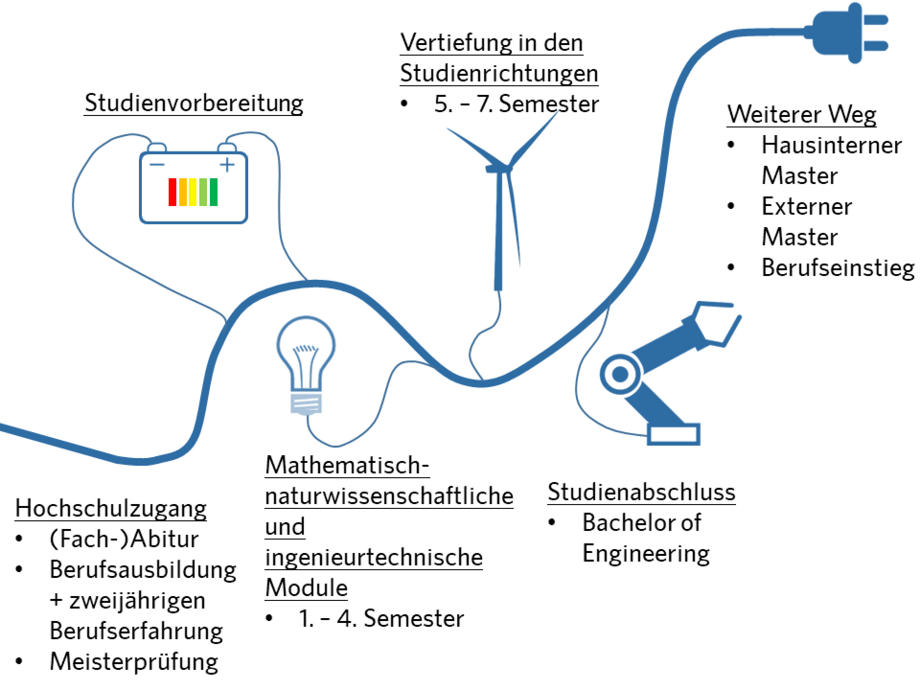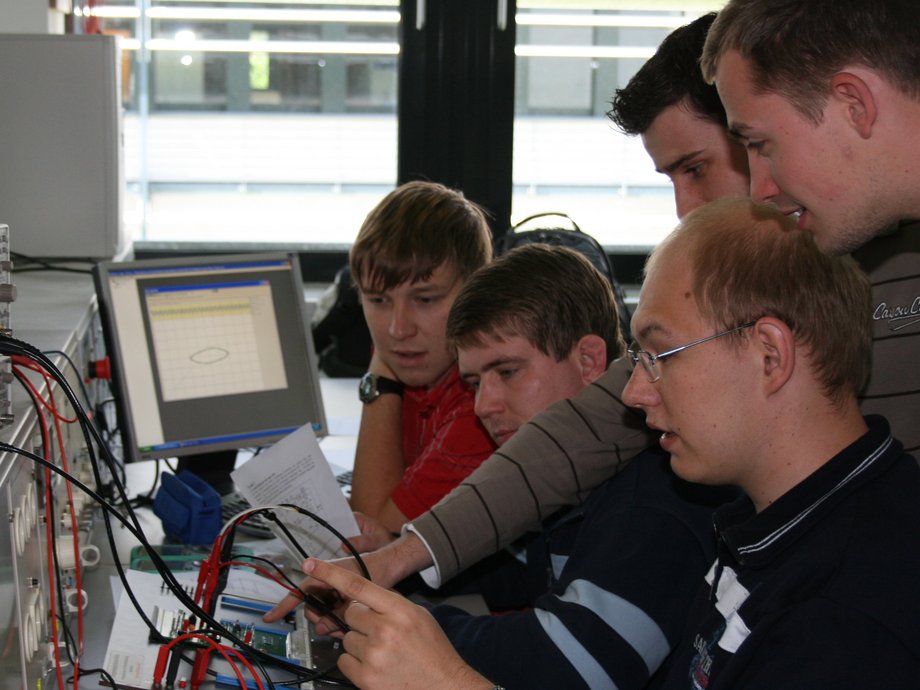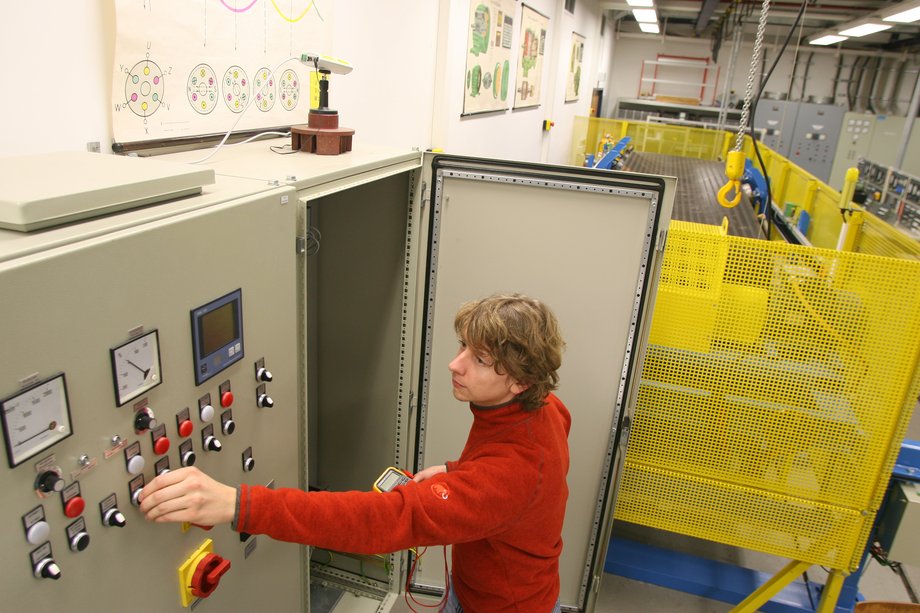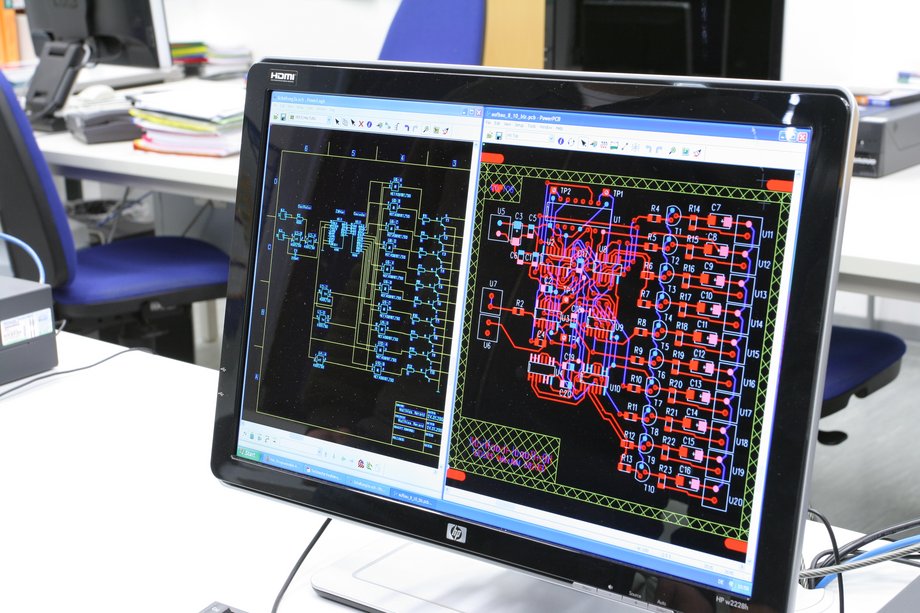Course of studies

You have decided to study and can prove that you have the appropriate university entrance qualification? Then you can apply online. As soon as your complete documents have been received and checked at the BTU, you will receive - in the case of a positive evaluation - a letter of admission with all further information.
Once the semester fees have been received, you will be enrolled at BTU Cottbus-Senftenberg. You will then receive your welcome letter with your matriculation number and further information by mail.
In order to make your studies easier, you have the possibility to attend preliminary courses. You will find the offer of the preliminary courses at our college.
Now you are well prepared for your studies at BTU Cottbus Senftenberg in the Electrical Engineering program.
Admission requirements
The prerequisite for a bachelor's degree is the advanced technical college entrance qualification. Further information can be obtained from the student advisory service.
A preliminary internship is not required.
Start of study
every winter semester/ in October
Duration of study
3.5 years corresponds to a study duration of 7 semesters
Degree
"Bachelor of Engineering" (B.Eng.)

Basic modules and first engineering modules
- Mathematics
- Introduction to programming
- Experimental physics
- Electrical Engineering
- Computer architecture and digital technology
- Electronic components and basic circuits
- Microprocessor technology

Mainly engineering modules
- Signals and Systems
- Electrical measurement
- Design and simulation of electronic circuits
- English
- ABWL I: Introduction to Business Administration
- Materials and Basic Technologies
- Electrical Power Engineering
- Fundamentals of Control Engineering
Module of the FÜS

Engineering modules and modules of the field of study
- Electrical Machines and Drives
- CAD/CAE & Manufacturing of Electronic Assemblies 1
- Process measurement technology
- High frequency technology
- Electrical Machines and Drives
- Basics of high voltage technology
- Interdisciplinary project work
- Electromagnetic compatibility
Choice of fields of study
- Communication technology
- Process automation
- Bachelor Internship
- Bachelor thesis
